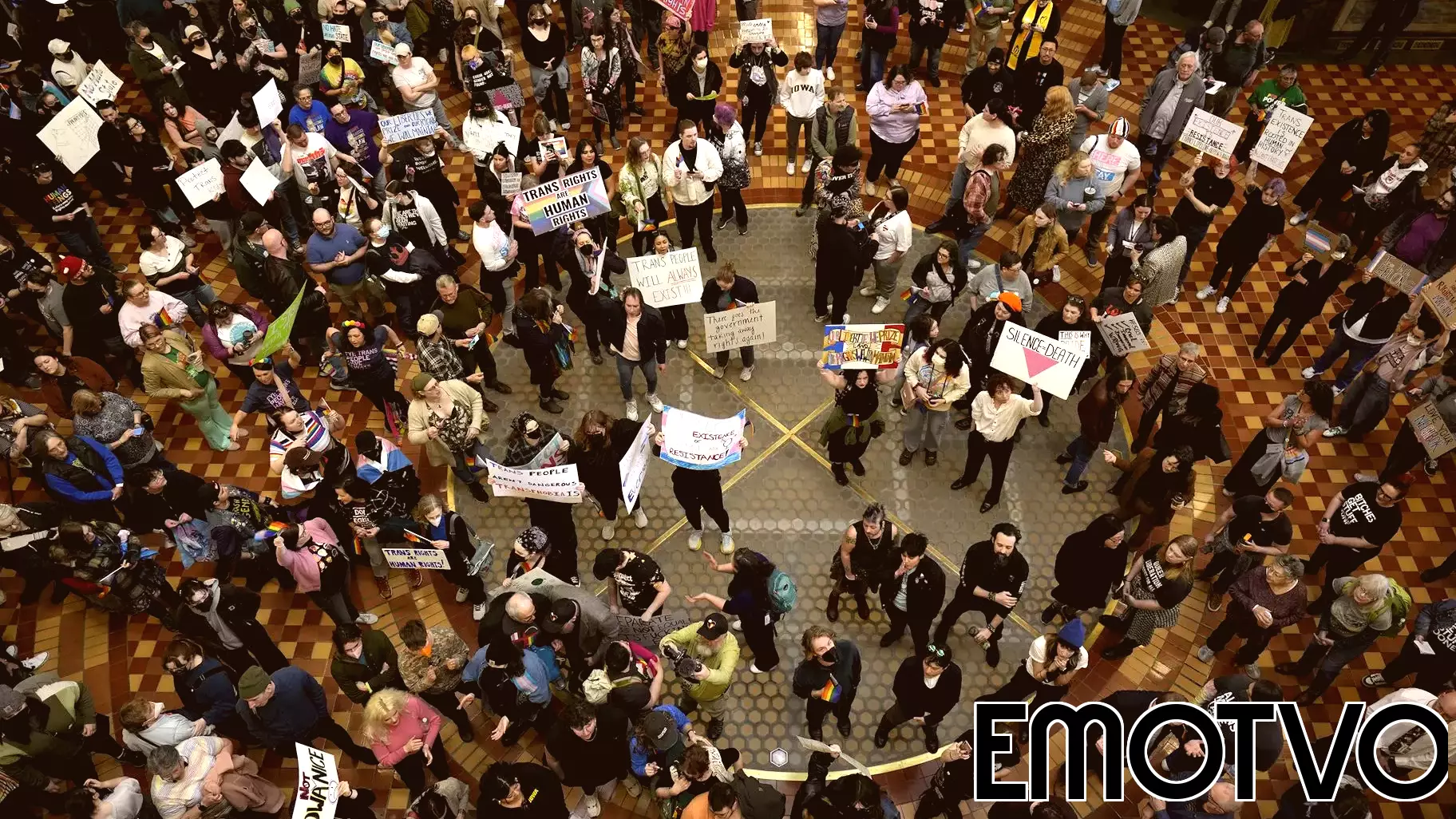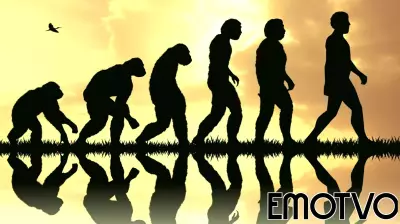Understanding the Psychological Factors Behind Anti-Trans Legislation
March 14, 2025 - 19:19

Recent insights from social psychologists reveal the significant role unconscious biases play in shaping public opinion and policy regarding transgender individuals. These biases, often rooted in societal norms and stereotypes, can lead to discriminatory attitudes and actions against not only the transgender community but also other minority groups.
Research indicates that cognitive biases, such as in-group favoritism and confirmation bias, can distort perceptions of transgender people. In-group favoritism leads individuals to favor those who share similar characteristics, while confirmation bias causes them to seek out information that reinforces their existing beliefs. This creates a cycle where negative perceptions are perpetuated, influencing legislation that targets marginalized communities.
Moreover, the framing of transgender issues in the media and political discourse can further entrench these biases. By understanding the psychological mechanisms at play, advocates and policymakers can work towards creating a more inclusive environment that respects the rights and dignity of all individuals, regardless of gender identity.
MORE NEWS

February 21, 2026 - 01:54
Resilience and Reconstruction: What Now?The ongoing integration of over 100,000 displaced persons from Nagorno-Karabakh into Armenian society presents a profound contemporary case study in resilience, trauma, and social adaptation. This...

February 20, 2026 - 09:54
Frontiers | Relating physical exercise to “lying flat” among Chinese college students: the chain mediation of temporal focus and the sense of meaning in lifeA new study reveals a powerful antidote to the `lying flat` mentality gaining traction among Chinese college students: physical exercise. Faced with intense academic and social competition, many...

February 19, 2026 - 19:57
New Review Challenges the "Just-So Story" Critique of Evolutionary PsychologyFor decades, evolutionary psychology has been dogged by a persistent criticism: that its theories are unfalsifiable `just-so stories,` clever narratives about human nature that cannot be...

February 19, 2026 - 03:07
Holocaust survivor made MBE says ‘nothing can change’ without psychologyHolocaust survivor Lydia Tischler has been formally appointed as a Member of the Order of the British Empire in a ceremony at Windsor Castle. The honour recognises her decades of dedicated service...